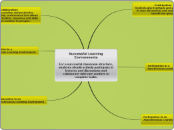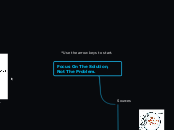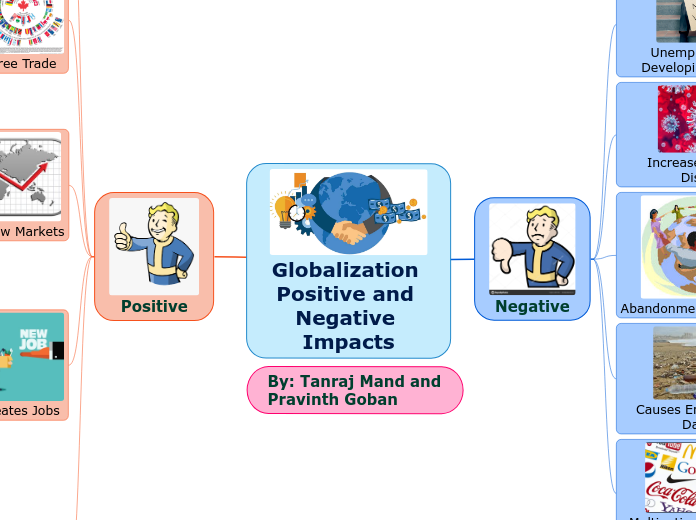por Candace Thigpen 11 anos atrás
236
Collaboration and Participation
Effective collaboration is essential for successful group work, facilitated by assigning tasks that necessitate diverse perspectives and interaction. In asynchronous settings, success hinges on clear timelines and structured plans for task completion, with facilitators offering periodic guidance.









